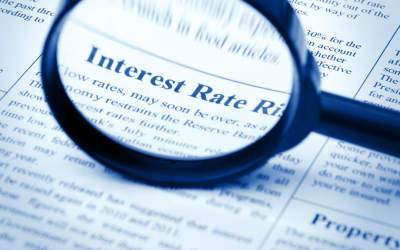“Hysteria” about Australian housing being overvalued is spooking institutional investors from investing in much needed new housing, says Rismark economist Christopher Joye.
Joye says contrary to what’s being said by some in the media, housing in Australia is not overvalued.
Delivering a presentation titled “Australia’s Broken Housing Model” at the recent HIA Housing Summit which highlighted a serious undersupply of new homes to meet population growth, he said current housing valuations could be explained by market fundamentals with “dire predictions never remotely coming to pass”.
Joye pointed out that peak-to-trough fall in housing values during the GFC were less than 5% and provided the following graph to show historical valuations of property.
“Since 2003 house prices have tracked disposable incomes…as an asset-class, housing has been a very safe store of wealth,” said Joye.
He said the housing market had significantly outperformed equities and bonds and the current market cycle should be investment-friendly.
“We should be seeing a surge in new supply,” said Joye, but instead “institutional capital has certainly been ‘spooked’ by housing hysteria”.
Joye highlighted that Australia has a population planning crisis and equally a serious housing/infrastructure crisis.
“Australia needs to build seven million new homes in next 37 years to accommodate 13.7 million extra people by 2050.
“This equates to around 200,000 new homes per year, but since 2000 only 156,000 new dwellings have been approved on average per annum.”
To address this chronic undersupply of new homes, Joye focused on property taxes.
“Housing is one of the most heavily taxed sectors of the Australian economy, both in absolute and relative terms,” he said, contributing 12% of total govt tax revenue and 45% of total state/local govt revenue.
New housing, he said adds 1.2% of value to the economy; but accounts for 2.8% of total government tax revenues.
According to Joye, tax reform could drive a 30% to 40% affordability gain.
“We need to work out how to more equitably redistribute the national tax/infrastructure burden,” he says, pointing to guidance in the Henry Review including:
- Reform (land) taxes that discourage institutional capital
- Replace inefficient transaction taxes with immobile taxes
- Relax zoning restrictions/allow higher densities
- Speed up approval decisions through State govt direction
- Overcomes NIMBY (not in my bank yard) conflicts that plague councils
Furthermore, he said an obvious savings would be to convert first-home owner grant into an interest-free loan due on sale, which would save around $1 billion per annum.
From propertyobserver.com.au



